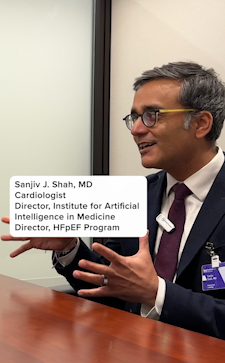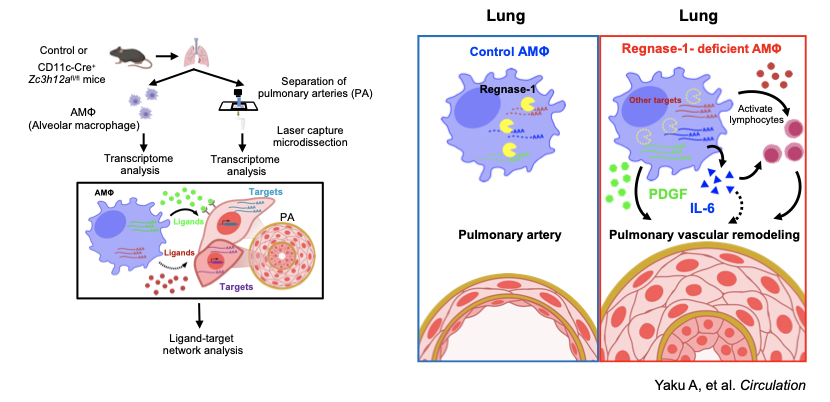Improving the prevention, diagnosis, treatment and prognosis of HFpEF.
The Shah Lab
Heart failure with preserved ejection fraction (HFpEF) accounts for more than 50 percent of all heart failure cases and is associated with high morbidity and mortality. HFpEF prevalence is increasing with the aging population and the ongoing epidemics of obesity, diabetes and hypertension. HFpEF is under-recognized, diagnosis can be challenging and there are few proven therapies for HFpEF. Therefore, in 2007, Sanjiv Shah, MD, started the world's first dedicated clinical program for HFpEF at Northwestern University Feinberg School of Medicine with the goal of improving the prevention, diagnosis, treatment and prognosis of HFpEF.

Lab Leadership
Sanjiv J. Shah, MD
Director, Center for Deep Phenotyping and Precision Therapeutics at the Institute for Augmented Intelligence in Medicine
Neil J. Stone, MD, Professor
Professor of Cardiology in the Department of Medicine
Meet Our Members See Lab Photos Explore Training Opportunities


